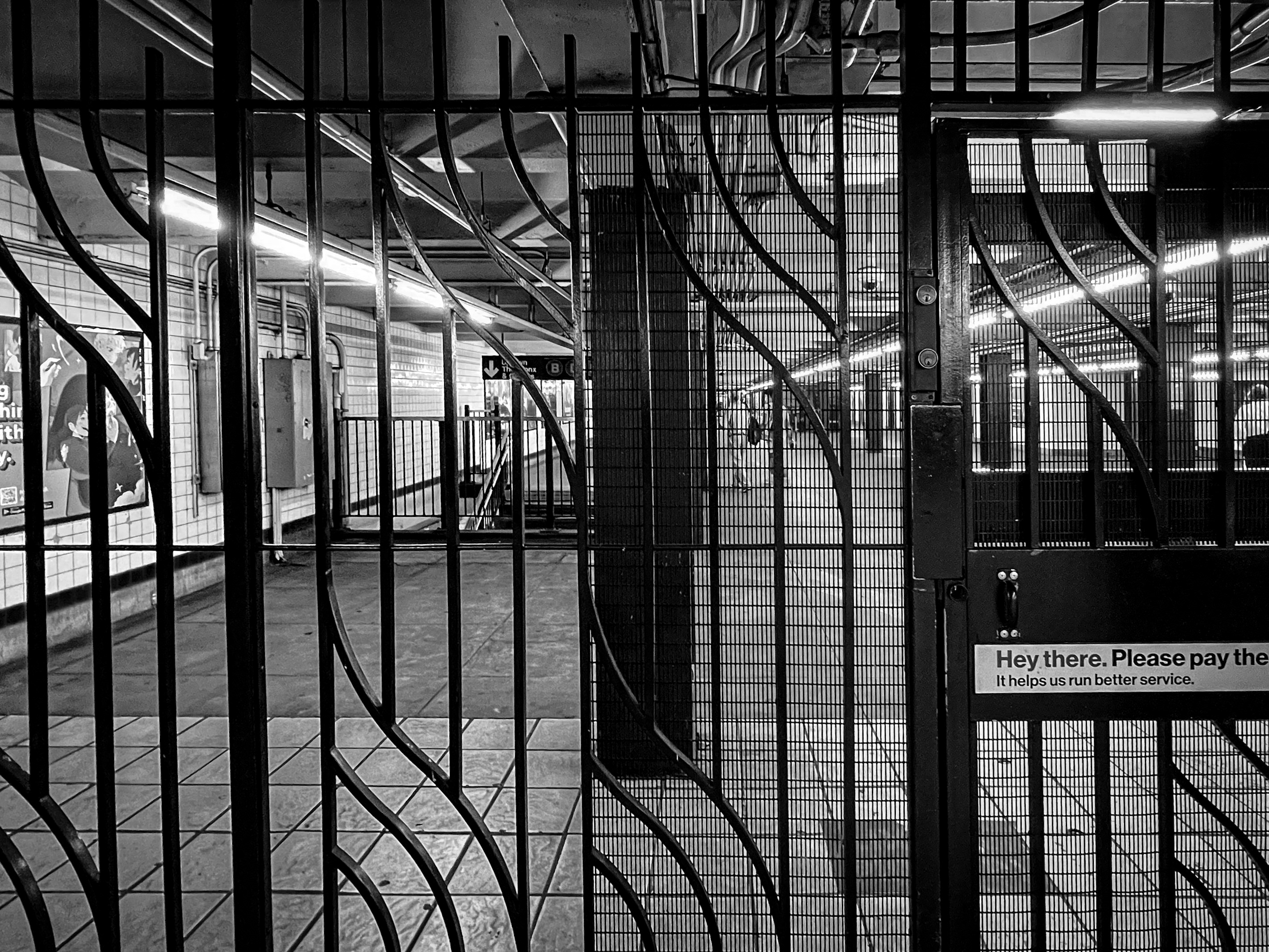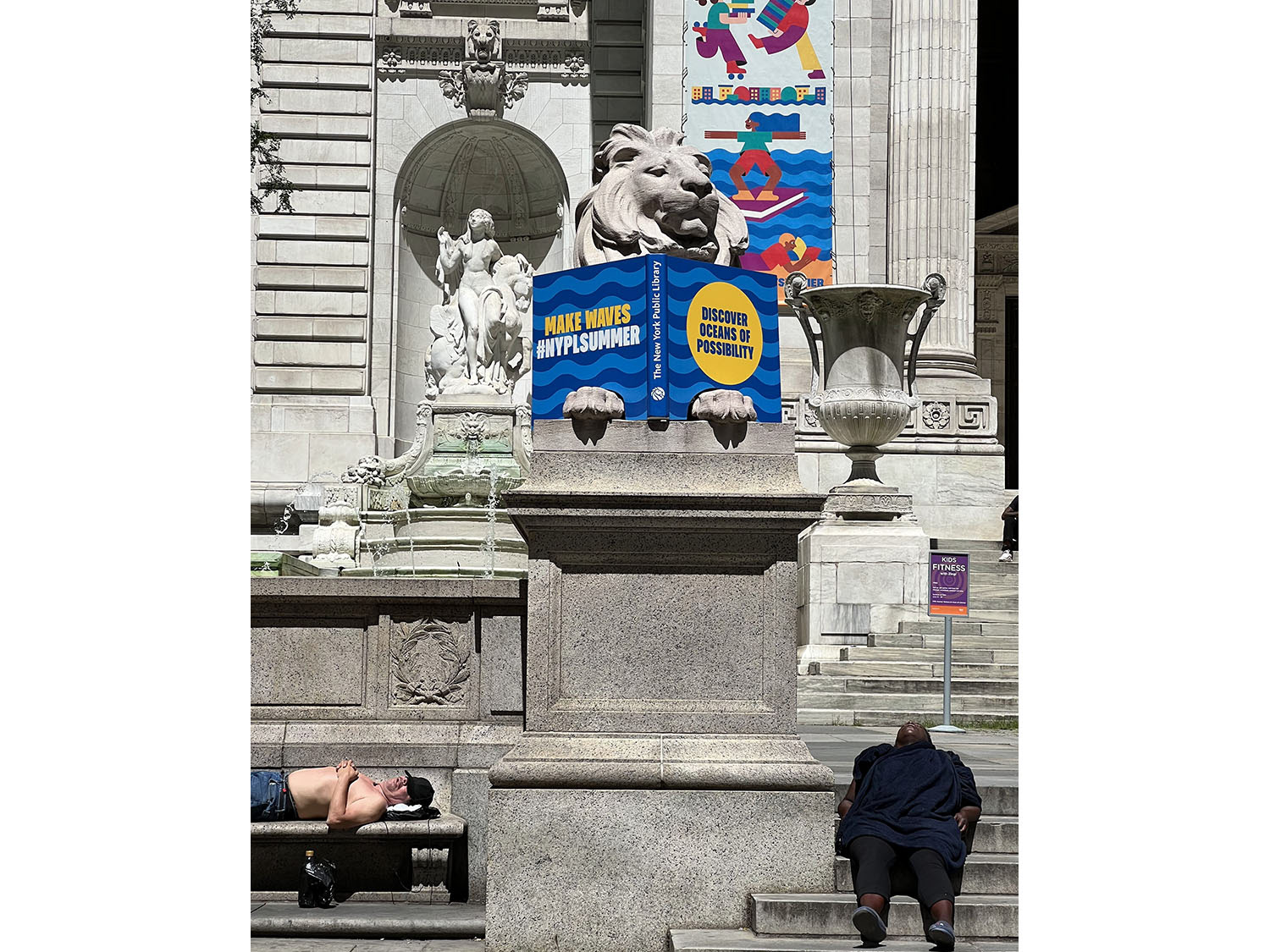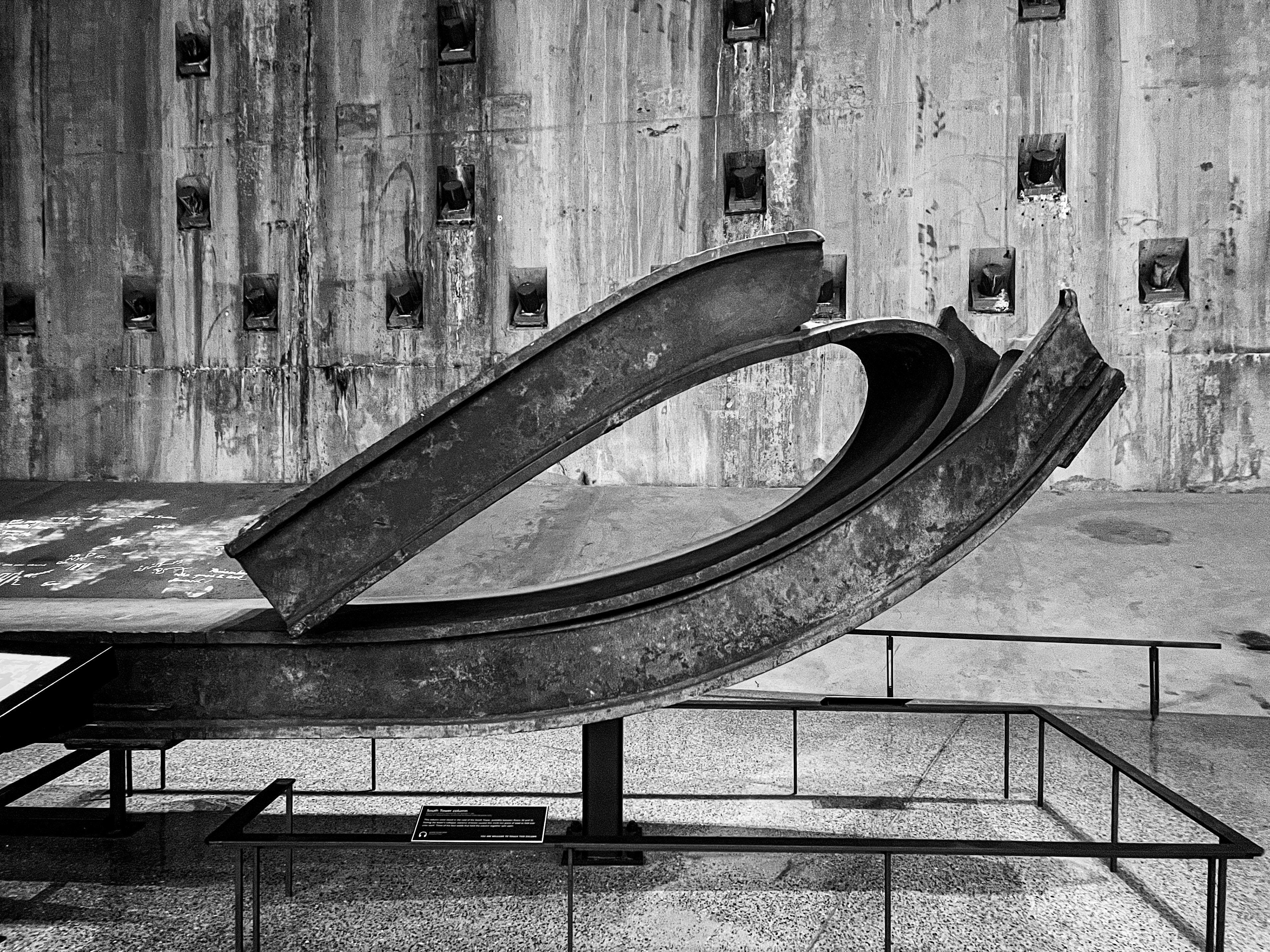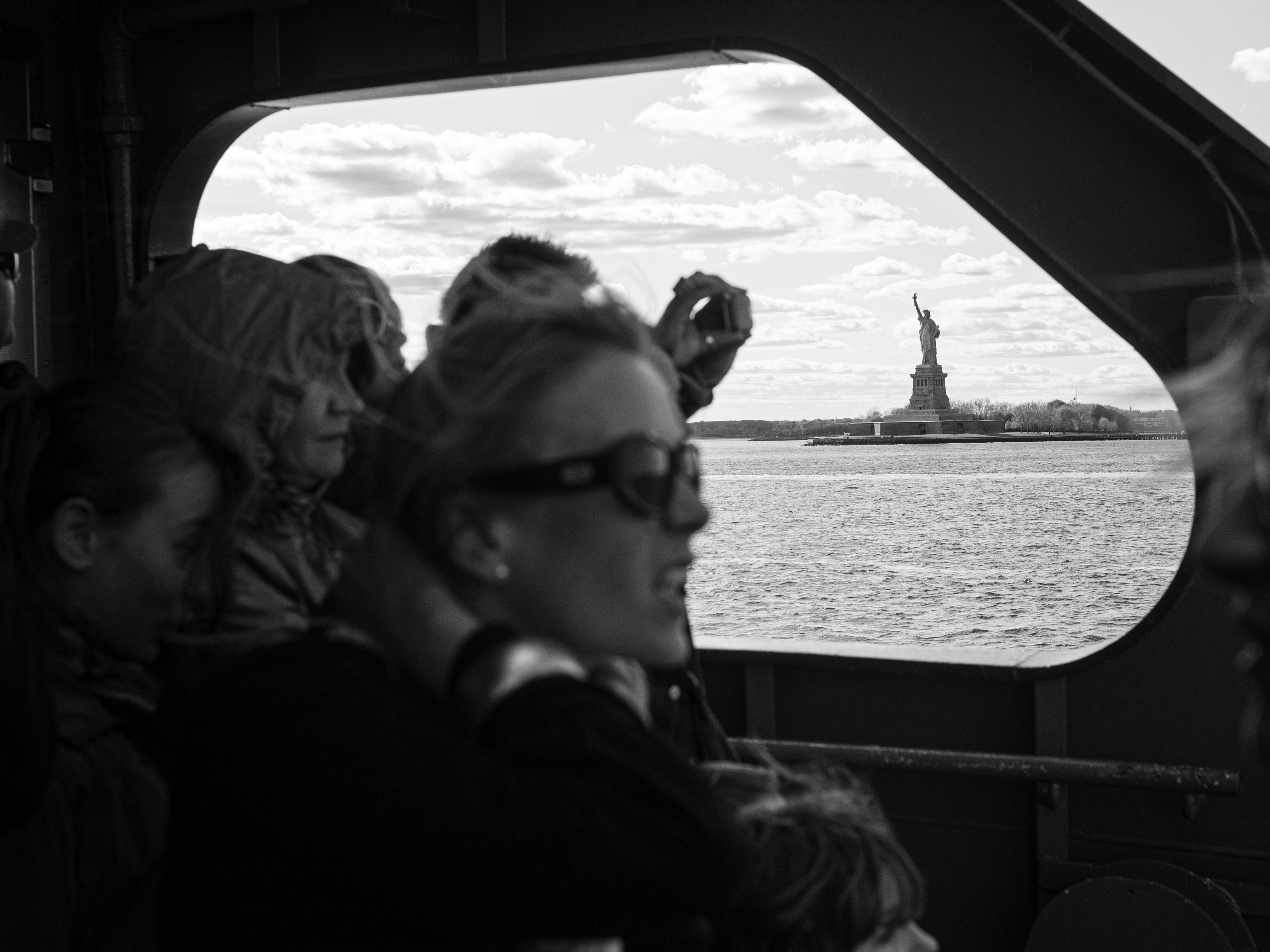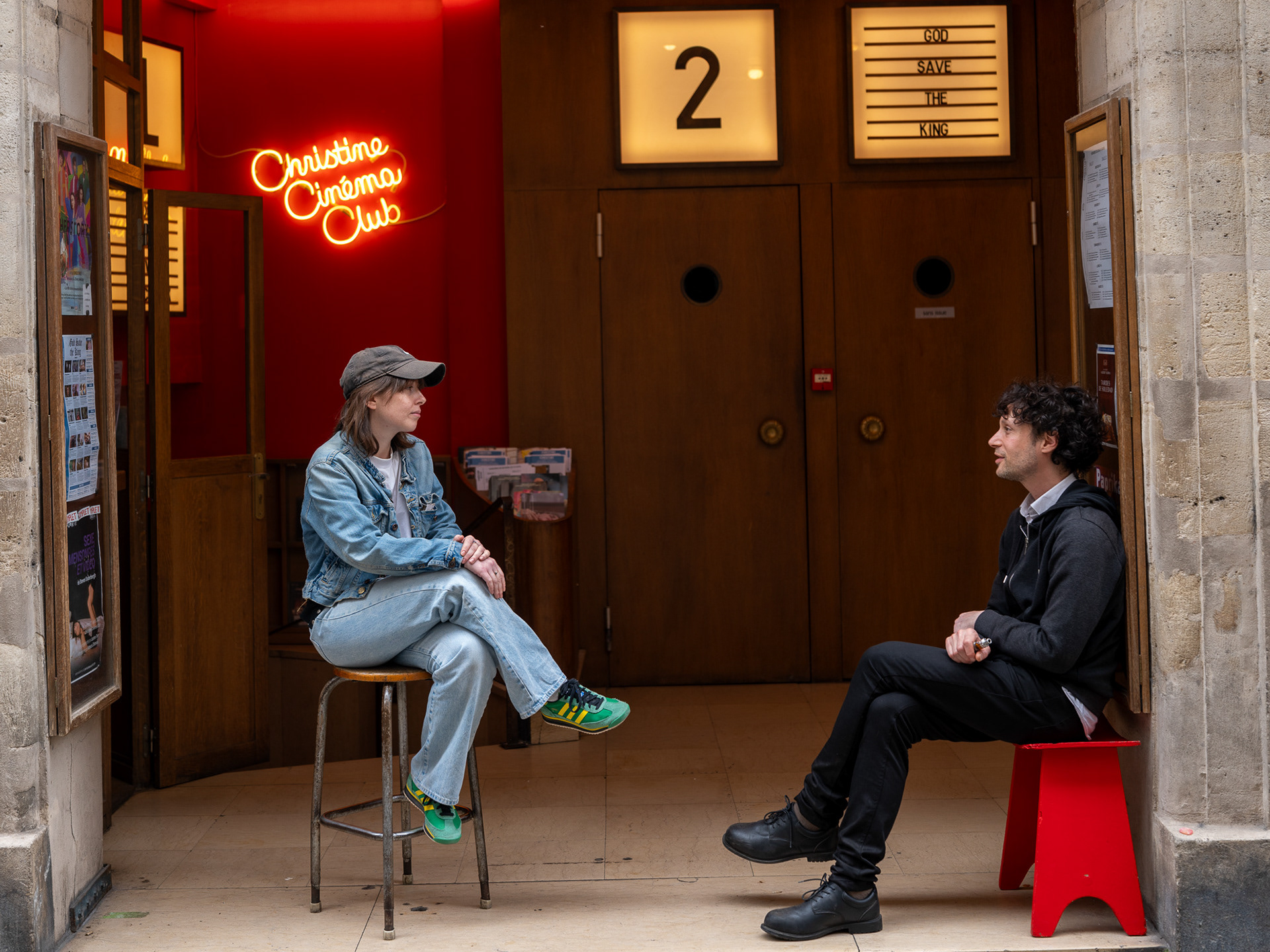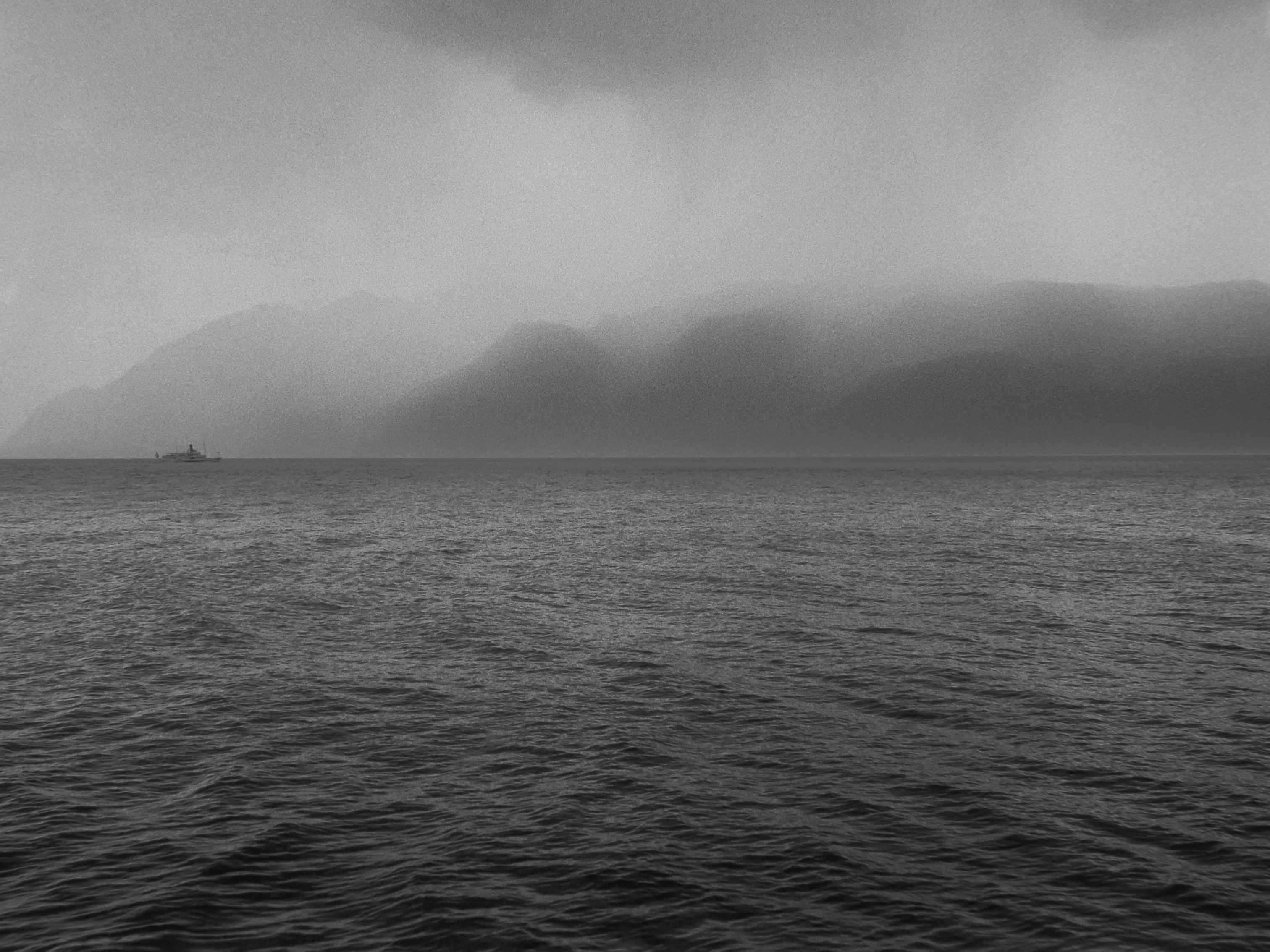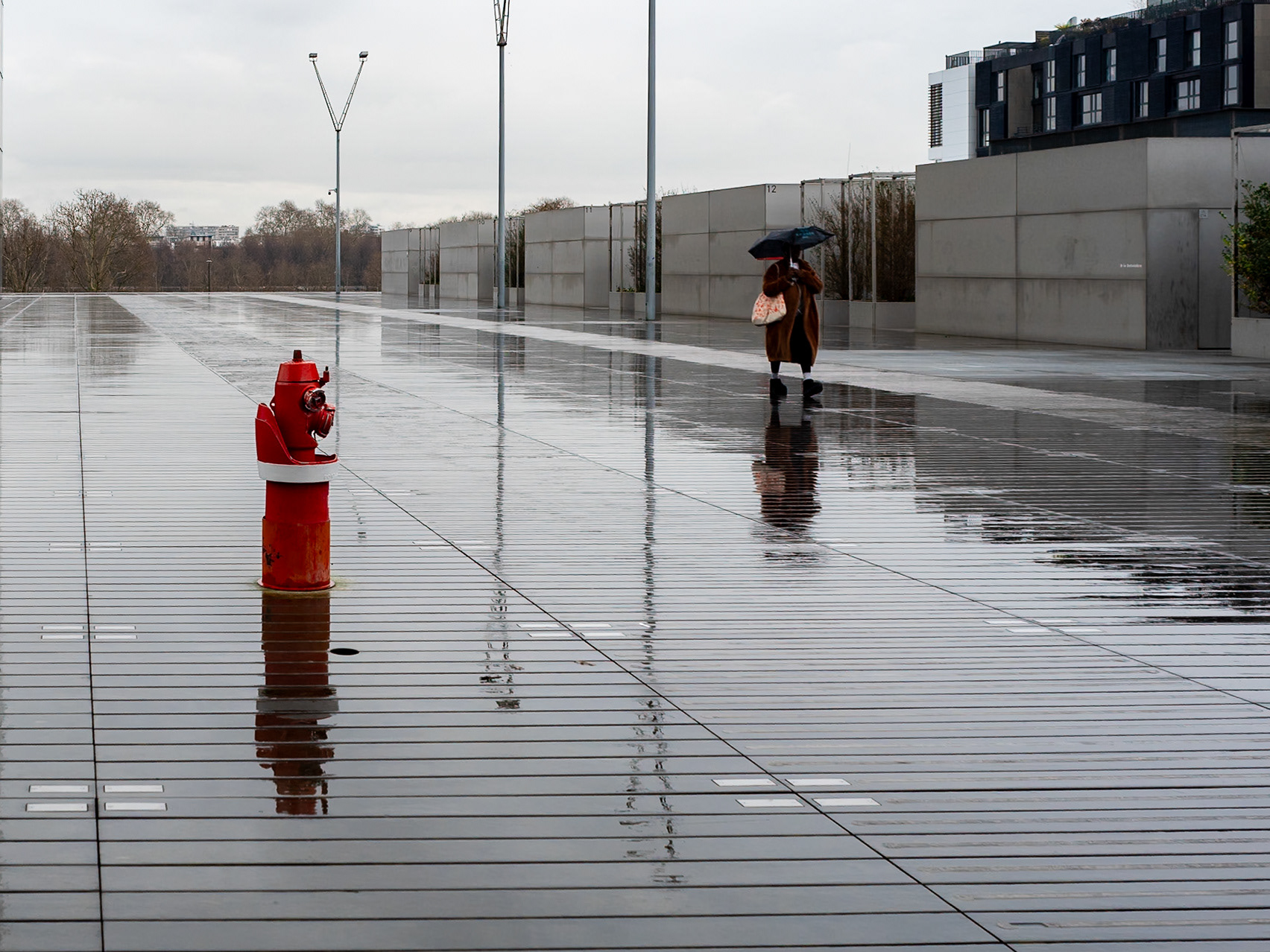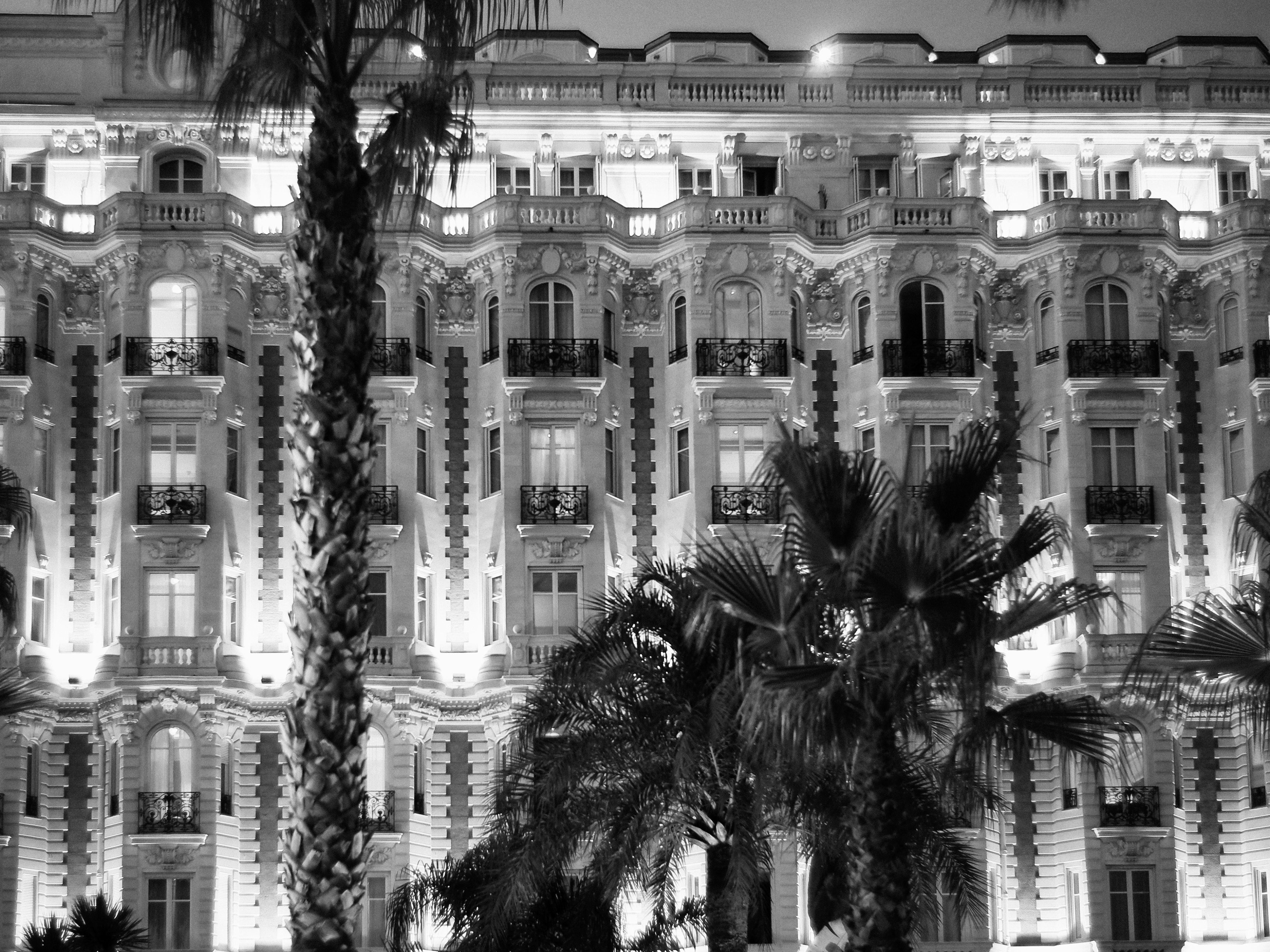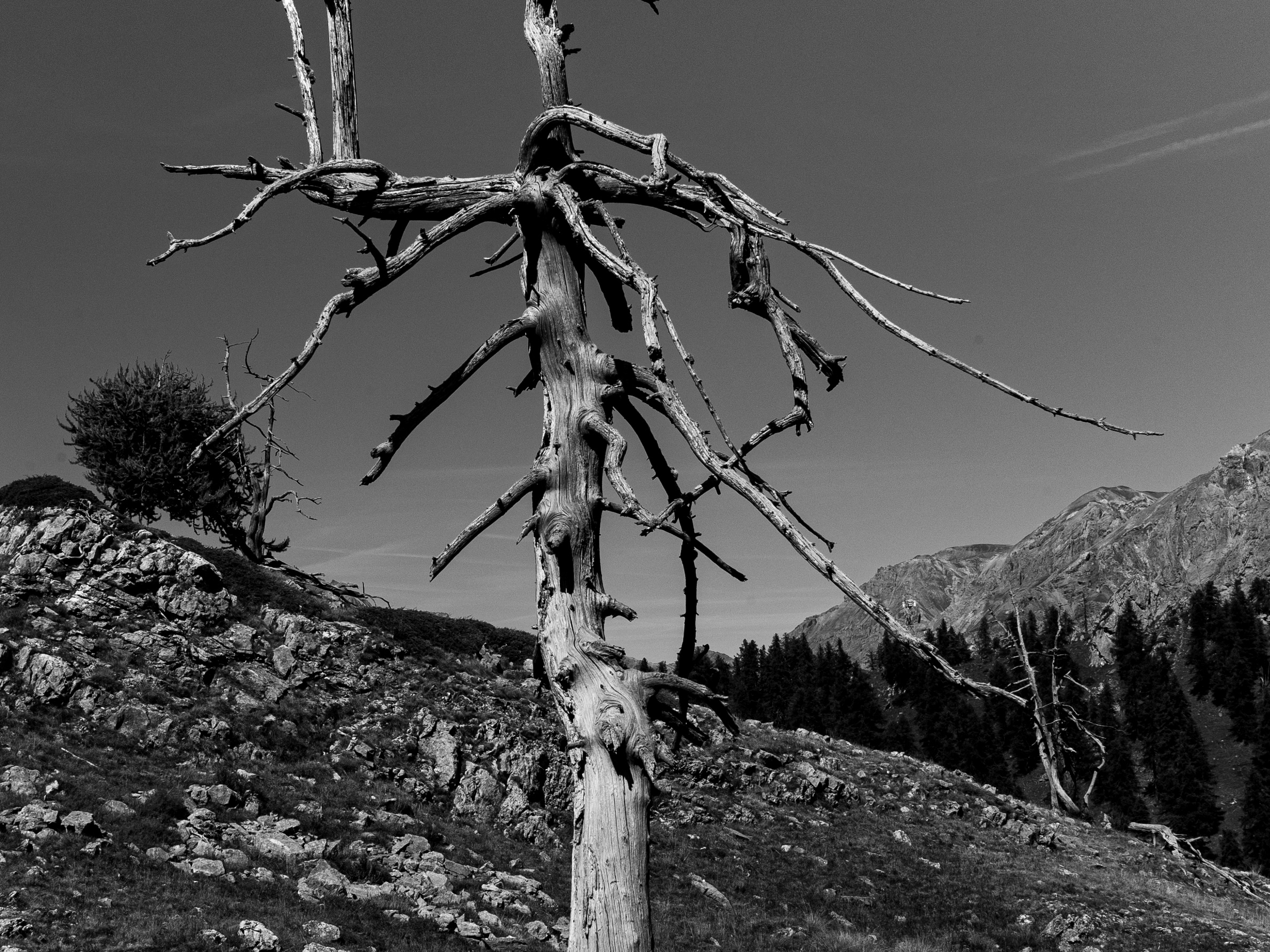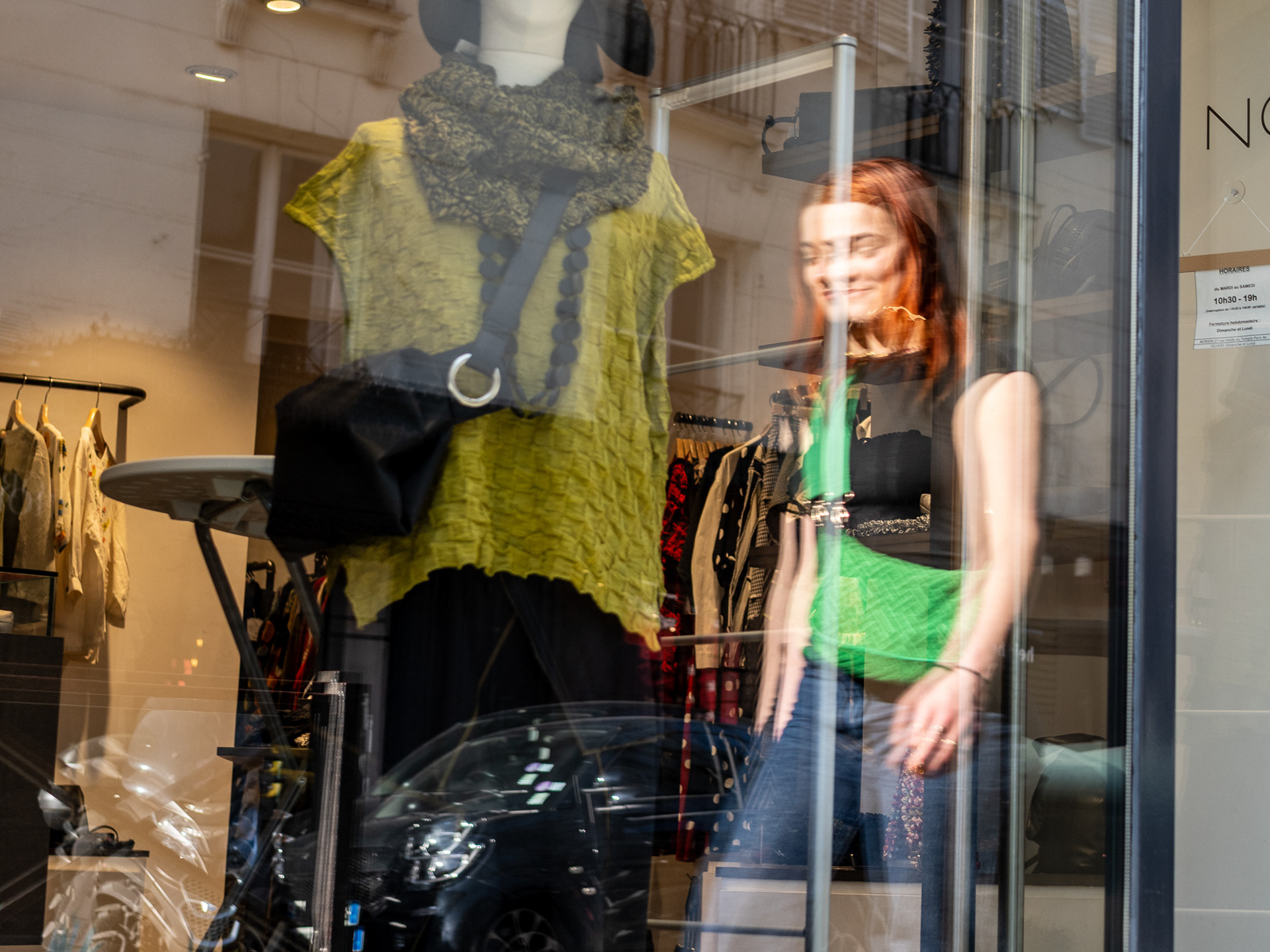The photograph is not connected to anything in the news; it is in no way remarkable; nothing to grab my attention; and yet, probably to escape the pressure of present times and transitory worries, I am lingering over it – a gate ajar and vegetation gone wild.
Nothing glamorous. The vegetation has grown so dense that you can’t swing the gate wide open; I’ve never been much good at remembering most flower names. When I point my phone on the photograph, a plant identification app tells me that these are Oakleaf Hydrangeas blocking the gate. Fairly common flowers. Nothing remarkable either about the walkway or the fence at the back.
Nothing aesthetically noteworthy about the wall on the right either. On one of the posts, in the foreground, a wire running horizontally has come loose; originally it might have held up climbing rose bushes; the bamboo stake in front of it is now useless. A gap in the middle of the wall opens on to another wall; between the two, a barely discernable flight of stairs.
The sense of a world ending - this is why the picture stirs me I believe.
The opening in the rusted gate is wide enough for me to explore further. I cross over. No dog there to attack me.
I discover:
Some old family house in a park, shutters drawn tight; a family gone separate ways, disputes between the inheritors stalling the sale and the upkeep.
Some house, recently closed; its owners gone on a long journey - may be forever.
There, the shutters are still open, the inhabitants left hurriedly, fleeing some sudden catastrophe.
Someone here leading a Bohemian life, some aristocrat, the last keeper of a lost world. Why not, indeed.
My exploration is interrupted by memories of houses I once left behind popping up in my mind’s eye. The same emotional process is repeated, a rush of feelings before I leave, the whole palette. But once the shutters and the door are closed, once the house is out of sight, life would immediately take me elsewhere to the next step. The page is turned. I was not hampered by nostalgia, regrets, or sadness that would ceaselessly tug me backwards. As soon as I reached my new home, I was detached from the past. Only when I happened to see some of these former houses again did I sometimes experience sharp emotions, connected to some aroused memories, to the years spent behind their walls; but never to the house itself, which always comes short of my expectations - its beauty, vanished. It was the whole world to me when I lived there; the street I’d cycled up and down is now full of potholes, some of the houses there have even gone ugly during my absence.
Another house, my childhood house. No gate, no fence around the garden. In the three spring months following my mother’s death, flowers and shrubs had grown wild, but not enough to make the neighbours do anything about it. I meticulously tamed everything back in order as if I meant to move here. Once I handed over the keys to the new owners who would give it a new life, I no longer felt attached to the place.
Walls are no good at providing structure. Sooner or later, they will crumble to dust. I do not hold on to them. The house means nothing on its own; it’s the life lived inside that makes it precious. What I remember above all is the life I lived here, the way I inhabited the place and those memories can be overwhelming. I feel the same in front of a landscape. When I walk through it alone, I don’t linger; most of the time, I simply pass by, heedless.
In 1920 Paul Klee paints Angelus Novus. The following year Walter Benjamin buys the drawing.
It elicits the following reflection: “It shows an angel looking as though he is about to move away from something he is fixedly contemplating. His eyes are staring, his mouth is open, his wings are spread. This is how one pictures the Angel of History. His face is turned toward the past. Where we perceive a chain of events, he sees one single catastrophe which keeps piling wreckage upon wreckage and hurls it in front of his feet. The angel would like to stay, awaken the dead, and make whole what has been smashed. But a storm is blowing from Paradise; it has got caught in his wings with such violence that the angel can no longer close them. This storm irresistibly propels him into the future to which his back is turned, while the pile of debris before him grows skyward. This storm is what we call progress.”
“Thesis IX”, Theses on the Philosophy of History (1940)
The photograph casts the half-opened gate - like the angel, into the future, exposing it to various contingencies: it may be opened, closed or dismantled, destroyed on a developer’s order, atomized, although I’d prefer to imagine new inhabitants renovating the place. Still, I am emotionally detached from them; I don’t know them any more than I knew the former owners. If I pull the photographs of my childhood house out of their slumber (whether out of a box for the paper prints or out of their digital cloud for the others), the past history of my family springs to life again, away from stale memories, my mind wanders around, my perspective changes, the frame widens, connections are revealed, new ones appear, points of view multiply and the future unfurls.
